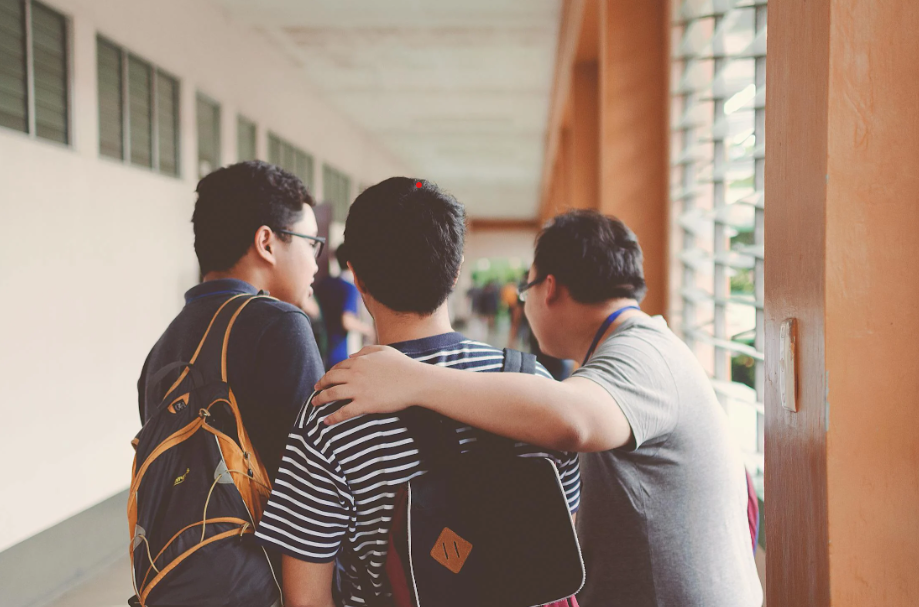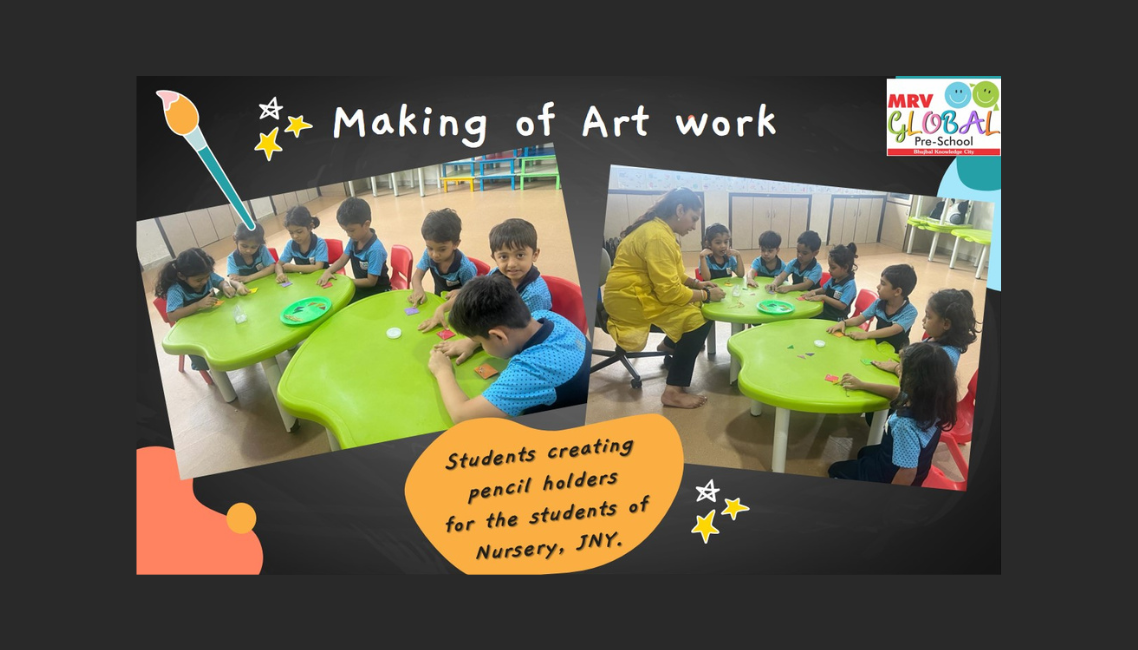"Our sense of self, and that of others, is continually developing through our different interactions and impacts on how we exist in the world."
This is the big idea of the International Middle Years Curriculum’s Identity unit. In this unit, students delve into the complexities of identity through the lens of poetry, and an important aspect of it is multilingualism. At United Lisbon International School, a school with over 60 different nationalities, the topic of identity gains even more relevance as cherishing students’ backgrounds becomes key in fostering students’ engagement and interest.
Through the exploration of poems by diverse authors such as Tom Leonard, Moniza Alvi, Grace Nicols and George Ella Lyon, students went on a journey of self-discovery. They learned to see themselves and others through different perspectives, understanding that identity is not static but continually evolving. They reflected on their own identities, considering how their interactions with others shape who they are and how they exist in the world.
One of the most impactful aspects of this unit is the inclusion of bilingual poems. These poems allowed students to explore the unique characteristics of different languages and how they reflect their cultural identity. Why did the authors choose to mix two languages in their poems? What kind of impact did it have on the reader? Why did Tom Leonard write phonetically in a Glaswegian dialect? By considering these questions, students were able to recognize the value of multilingualism and how it can contribute to a richer, more diverse and equitable society.
The culmination of this unit is a video poem created by the students. In this project, students brought together their learning about poetic features, their spoken English, their video-making skills and their awareness of the importance of their mother tongue and cultural background. The video poem is a testament to the student's growth and understanding, showcasing their ability to express themselves creatively and reflect on their own identities.
Two examples of video poems created by students are shared below:
These video poems are not only a celebration of the students' creativity but also a reflection of the success of implementing the IMYC curriculum in a multilingual environment. By embracing the complexities of language and identity, students can develop a deeper understanding of themselves and the world around them.
In a nutshell, the Identity unit is a powerful example of how the IMYC curriculum can foster self-discovery and appreciation for diversity. After this unit, nothing was ever the same in my classroom. The unit we did right after this one, Entrepreneurship, was enriched with examples of Ads in many different languages. Students enjoyed explaining different taglines and even attempted to explain expressions and puns in their mother tongue.
As Ofelia Garcia, in her book about Bilingual Education called “Bilingual Education in the 21st Century. A Global Perspective”, wrote: “Bilingual Education in the twenty-first Century must be reimagined and expanded, as it takes its rightful place as a meaningful way to educate all children and language learners in the world today.” Let’s keep cherishing students’ backgrounds and mother tongues!
Enquire about the International Middle Years Curriculum


